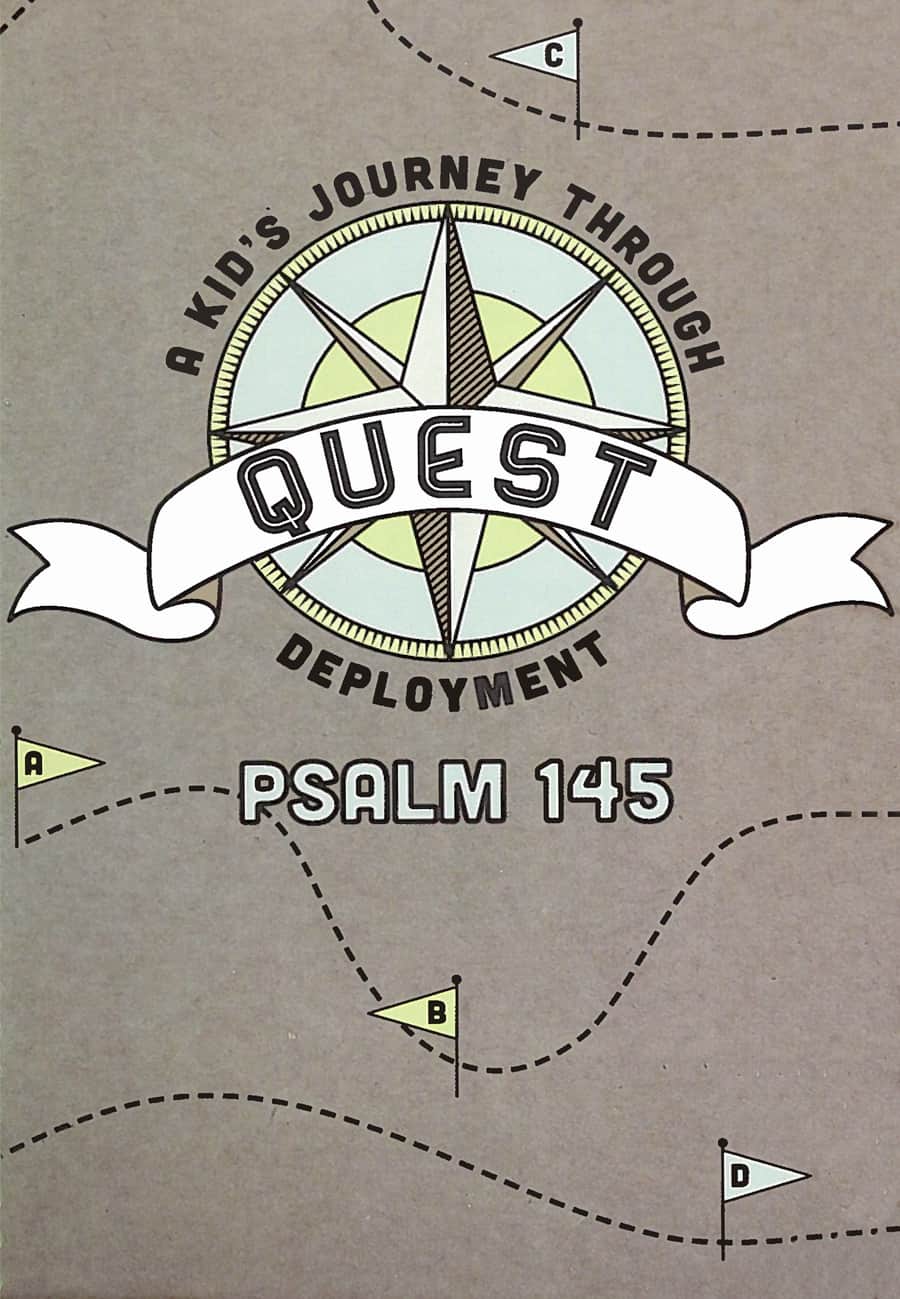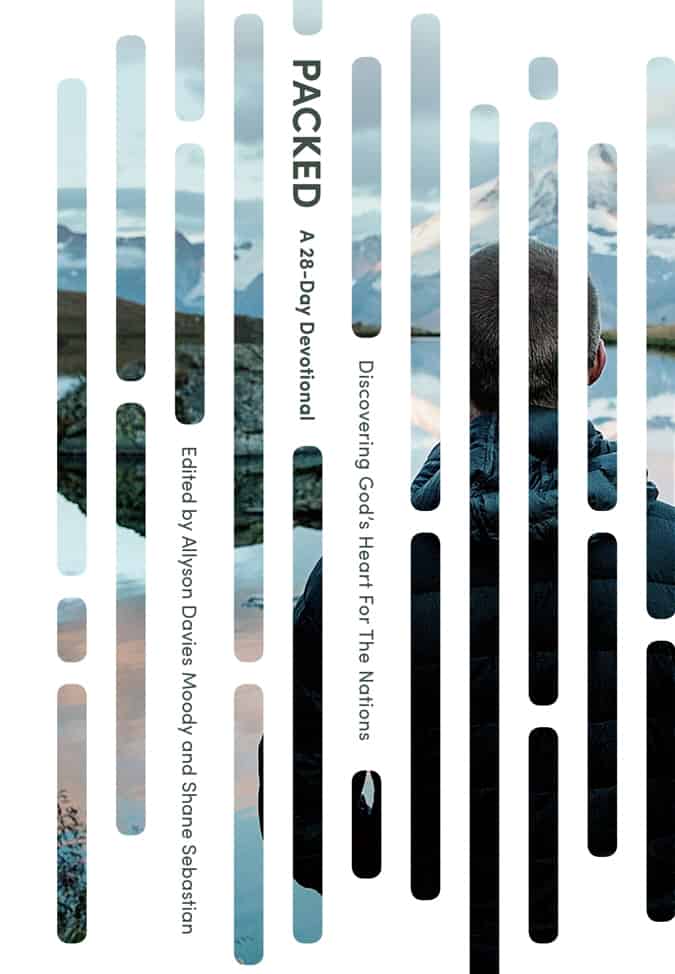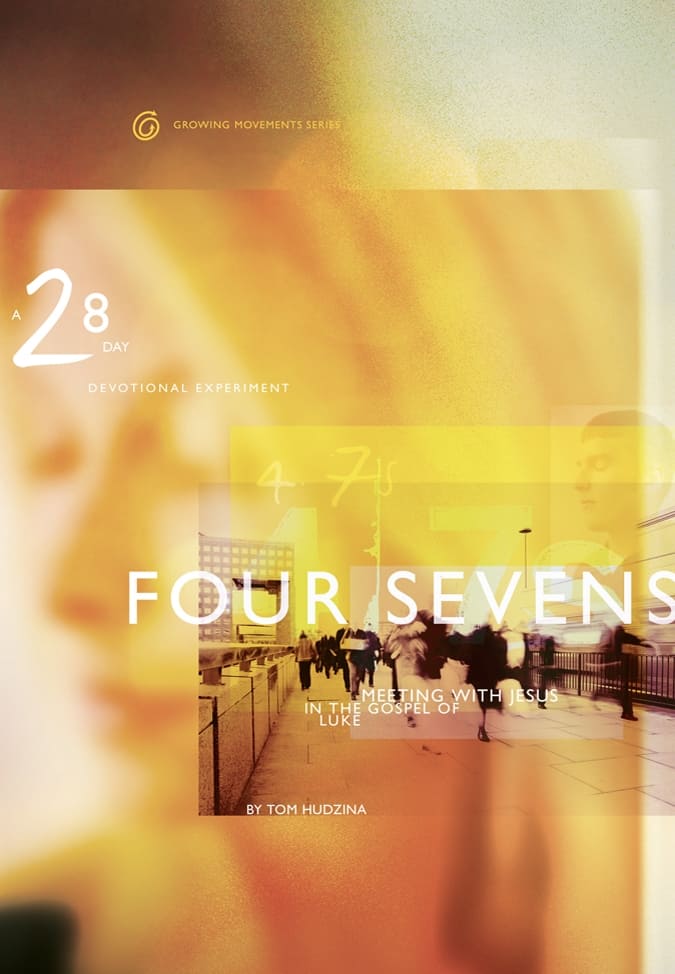Everybody's Fool

According to one account, his real name was John, not Francis.
Twenty-two years old the oldest son of Pietro de Bernardone, Assisi’s richest cloth merchant, he was given the name Francesco as a nickname. Francesco means “the little Frenchman,” and he was famed for his passion for France, especially the ideal and tradition of courtly love. Throughout his life, it was said later, whenever Francis spoke French, those who knew him knew he was happy.
But on this particular day in the spring of A.D. 1207 Francesco de Bernardone was not the carefree troubadour he had been. Riding alone through the beautiful Umbrian countryside, he was deep in reverie that both attracted and challenged him.
Earlier he had been calling on God as usual, and he had heard this answer: “Francis, everything you have loved and desired in the flesh it is your duty to despise and hate, if you wish to know my will. And when you have begun this, all that which now seems to you sweet and lovely will become intolerable and bitter, but all which you used to abhor will turn itself to great sweetness and exceeding joy.”
Lost in thought over these words, Francis was suddenly jerked back to reality. His horse had started and the sudden movement woke him up. Looking up, he saw on the road a few steps ahead of him a leper in the advanced stages of the disease.
His first impulse was to wheel the horse and ride away. If there was anything he “used to abhor,” it was leprosy. Based on a passage in Isaiah 53, lepers were looked on in the thirteenth century as an image of the suffering Messiah, more than all other sufferers. There was a special order of knights to care for them—the knights of Lazarus—and remarkably there were 19,000 special houses of care—the houses of St. George.
But in spite of everything, most people still found leprosy repulsive and Francis was no exception. The mere sight of leprosy always filled him with horror. He would only give alms to the lepers if someone else took it for him. He hated the nauseating odor of the disease, and when the wind wafted it into town from the leprosarium he put his fingers in his nostrils.
Yet this time, meditating on the great Reversal in Christ’s words. He knew what he must do. Springing from his horse, he went to the leper, put alms in his wasted outstretched hand and kissed the fingers that stank from the awful disease. Then, remounting his horse, he rode home overcome with emotion. God had kept his word. Joy streamed from his heart.
The next day he returned and went into the leprosarium. Momentarily holding his nose to block out the stench, he steadied himself and went around the sad ghastly crowd, distributing alms and kissing every one of disease-ridden hands, as he had done the day before.
Francis of Assisi, one biographer writes, had “won the greatest victory a man can win—the victory over oneself.” More accurately, Francis himself would probably have said, the Lord had won the greatest victory over him. He was no longer simply a troubadour singing to his love or the knight of faith riding forth on a quest. Learning to despise what he had loved and to love what he had despised, Francis of Assisi had been turned upside down and become God’s jester, God’s juggler, God’s fool.
As G.K. Chesterton said in his brilliant biography, this self-awareness that he was Christ’s fool is the key to understanding St. Francis. For after his frustrated military campaigns, his hapless quarrels with his father, and the shame of the bishop’s public rebuke, he knew he had made a fool of himself. But as he mused bitterly on the word fool, the word itself changed.
So it was that as Francis came forth from his cave of vision, he was wearing the same word ‘fool’ as a feather in his cap; as a crest or even a crown. He would go on beinga fool; he would ever become more and more a fool; he would be the court fool of the King of Paradise.”
In this way, St. Francis wrote later, “The lord granted me to begin my conversion.” His calling was to be the rebuilder of the ruined church (and churches); his plan was to comply literally with the words of the gospel and forsake everything to take up his cross and follow Jesus; his style was always to be God’s humble fool.
When Francis idea for the order of “The Little brothers” was opposed in the College of Cardinals, one of the cardinals in support said simply: “These men only want to allow them to live after the gospel. If we now declare that this is impossible, then we declare that the gospel cannot be followed, and thus insult Christ, who is the origin of the gospel.”
So began one of history’s most simple, radical, and powerful attempts to put the gospel of Jesus into practice. And it was accompanied by the theme of holy folly that is one of the oldest and most distinctive badges of followers of Christ.
This awareness of St. Francis, and the actions it spurred him to take, reinforce a further dimension of calling without which no account of the subject would be complete—calling entails the cost of discipleship. The deepest challenge is to renounce self and identify with Jesus in his suffering and rejection.
“Everybody’s Fool,” excerpt from “The Call” by Os Guinness. Used by permission from Word Publishing. To order, go to www.christianbook.com
© 2010, CruPress, All Rights Reserved. CruPress.com









